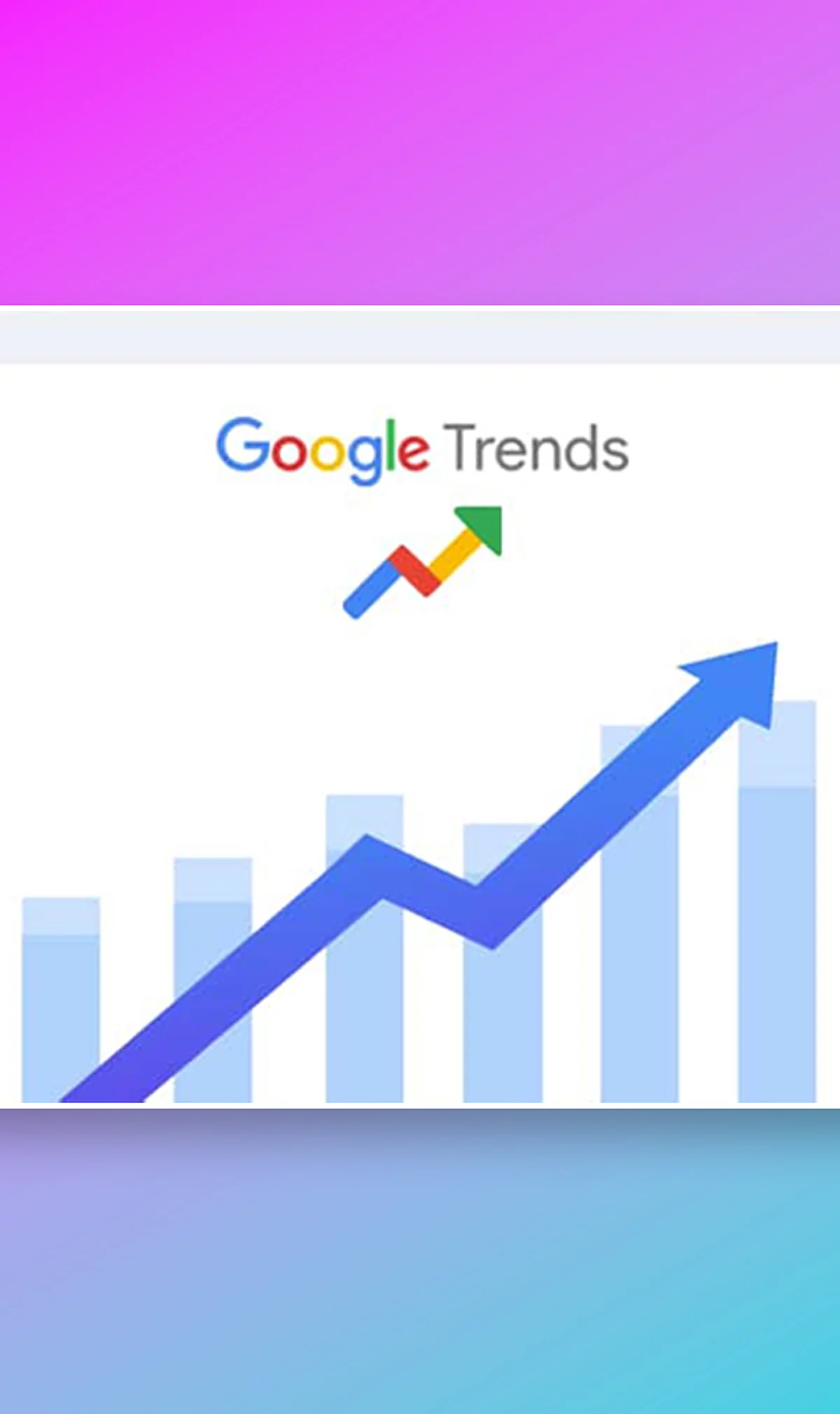Technology
Leverage Google Trends for Smart Content Strategy in 2025

Google Trends is set to become an essential tool for businesses and marketers aiming to enhance their content strategies in 2025. By analyzing the popularity of search queries over time, this platform offers valuable insights into consumer interests and behaviors, allowing organizations to tailor their content effectively.
Understanding Google Trends: An Overview
Launched in 2006, Google Trends provides real-time data that reflects how search interest changes across various topics. With over 3.5 billion searches conducted daily on Google, leveraging this data can significantly impact a company’s ability to engage its audience. For instance, in 2024, there was a notable increase in searches related to sustainability, highlighting a growing consumer interest in eco-friendly products and practices.
Marketers can use Google Trends to identify emerging topics and patterns. This enables them to create timely content that resonates with their audience. For example, if data shows a surge in interest for “remote work tips,” companies can quickly adjust their content calendar to include articles, videos, or social media posts that address this trend.
Strategic Application of Trends Data
To maximize the benefits of Google Trends, businesses should adopt a systematic approach to data analysis. Start by selecting relevant keywords that align with your industry. The platform allows users to compare search terms, providing insights into which topics are gaining traction.
In 2025, businesses can expect to see a shift in the types of content that resonate with audiences. For instance, video content is likely to dominate as search trends indicate a preference for visual storytelling. Marketers should prioritize creating engaging video content that can be shared across platforms like YouTube and TikTok, where viewership is on the rise.
Moreover, geographic data from Google Trends can guide marketing strategies. By understanding where interest in specific topics is highest, businesses can target their campaigns more effectively. For example, if the data reveals that “health and wellness” searches are particularly strong in Australia, a company may consider launching a targeted campaign in that region, potentially increasing engagement and sales.
As we approach 2025, integrating Google Trends into content strategy will be crucial for maintaining a competitive edge. The ability to quickly adapt to shifting consumer interests not only helps in creating relevant content but also enhances overall brand visibility.
Utilizing Google Trends effectively can lead to improved search engine optimization (SEO) outcomes. By aligning content with trending keywords, businesses can improve their search rankings, increasing organic traffic to their sites. It is essential for marketers to regularly monitor these trends, as consumer interests can change rapidly.
In summary, Google Trends serves as a robust resource for businesses aiming to refine their content strategies. By harnessing the power of search data, companies can create more targeted, engaging content that meets the evolving needs of their audiences in 2025 and beyond. Embracing this tool will not only enhance brand presence but also foster a deeper connection with consumers.
-

 Technology4 months ago
Technology4 months agoDiscover the Top 10 Calorie Counting Apps of 2025
-

 Health2 months ago
Health2 months agoBella Hadid Shares Health Update After Treatment for Lyme Disease
-

 Health3 months ago
Health3 months agoErin Bates Shares Recovery Update Following Sepsis Complications
-

 Technology3 weeks ago
Technology3 weeks agoDiscover 2025’s Top GPUs for Exceptional 4K Gaming Performance
-

 Technology2 months ago
Technology2 months agoElectric Moto Influencer Surronster Arrested in Tijuana
-

 Technology4 months ago
Technology4 months agoDiscover How to Reverse Image Search Using ChatGPT Effortlessly
-

 Technology4 months ago
Technology4 months agoMeta Initiates $60B AI Data Center Expansion, Starting in Ohio
-

 Technology4 months ago
Technology4 months agoRecovering a Suspended TikTok Account: A Step-by-Step Guide
-

 Health4 months ago
Health4 months agoTested: Rab Firewall Mountain Jacket Survives Harsh Conditions
-

 Lifestyle4 months ago
Lifestyle4 months agoBelton Family Reunites After Daughter Survives Hill Country Floods
-

 Technology3 months ago
Technology3 months agoUncovering the Top Five Most Challenging Motorcycles to Ride
-

 Technology4 weeks ago
Technology4 weeks agoDiscover the Best Wireless Earbuds for Every Lifestyle




















